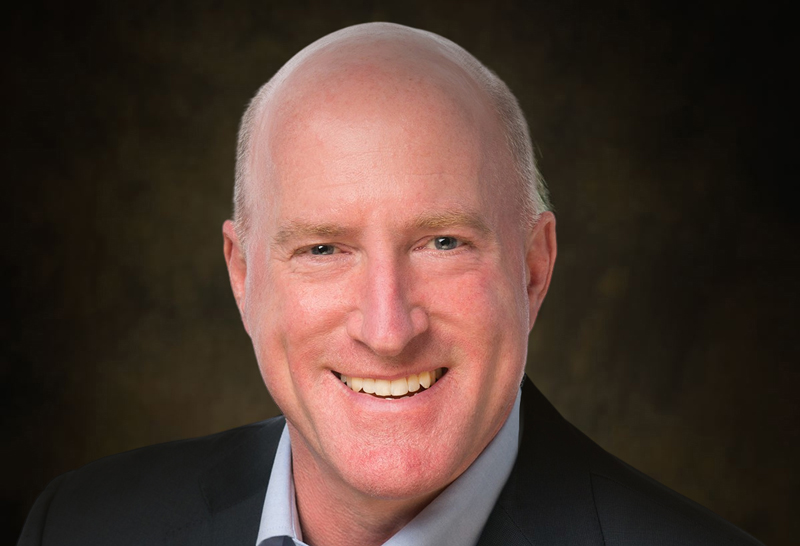Workforce shortages, capacity concerns are rampant at Oregon hospitals
Over the past few weeks, you’ve likely seen a lot of headlines about hospitals’ capacity problems—including those at St. Charles. These problems are the result of many factors, chief among them short staffing and the inability to discharge patients.
Our state’s hospitals are as strained as they were at the peak of the Delta and Omicron surges. Patients are returning for much-needed care at the same time organizations can’t fill positions fast enough. This lost balance between supply and demand isn’t unique to health care, but it has the most serious consequences. This is especially true in Oregon, which has the lowest number of hospital beds per capita in the country. In “normal” times, this kind of efficiency is good. Right now, it’s disastrous.
As I write this, approximately 493 patients statewide are waiting to be moved from hospital beds to skilled nursing or assisted living facilities and another 224 are boarded in Emergency Departments, jeopardizing hospitals’ ability to admit patients who urgently need care. Recently, Salem Health—which has operated at more than 100% [BS1] capacity for more than a year—put ambulances on divert for the first time since 2008. In an interview on OPB’s Think Out Loud, CEO Cheryl Wolfe said the health system has since been “very, very close (to going on divert) multiple times because of the impact of not just the COVID patients, but also the number of ambulances coming to our Emergency Room.”
These aftershocks of the COVID-19 pandemic are rattling Oregon’s hospitals, demanding that we work with intensity and pace to find solutions. At St. Charles, we have a number of teams focused on initiatives to improve patient flow, bolster staffing and recruitment and ensure our caregivers have what they need to care for our patients.
We’re also partnering with the Oregon Association of Hospitals and Health Systems to ask the state of Oregon and the governor’s office to invest in short- and long-term solutions that will decompress the system. These include:
- Declaring a staffing crisis in the state of Oregon
- Expanding licensure both short- and long-term
- Urging the state to join interstate staffing compacts, allowing nurses who are licensed in other states to work here (Oregon is one of only a handful of states not participating)
- Allocating finances that will increase the availability of secondary care
I know health care workers’ jobs are harder than they’ve ever been, which is why I take this work so personally and so seriously. These are challenges we have to overcome, for the good of our people, our organization and the communities we are proud to serve.
Sincerely,
Steve




